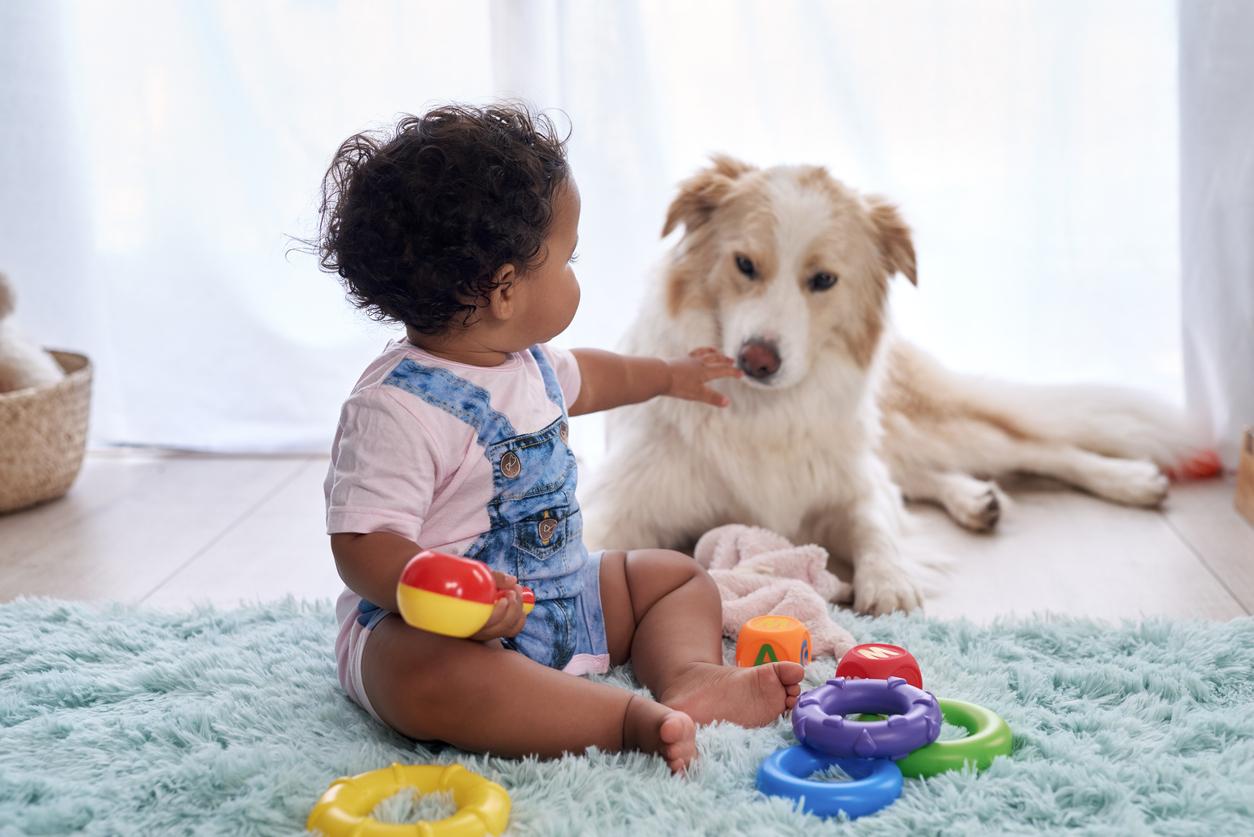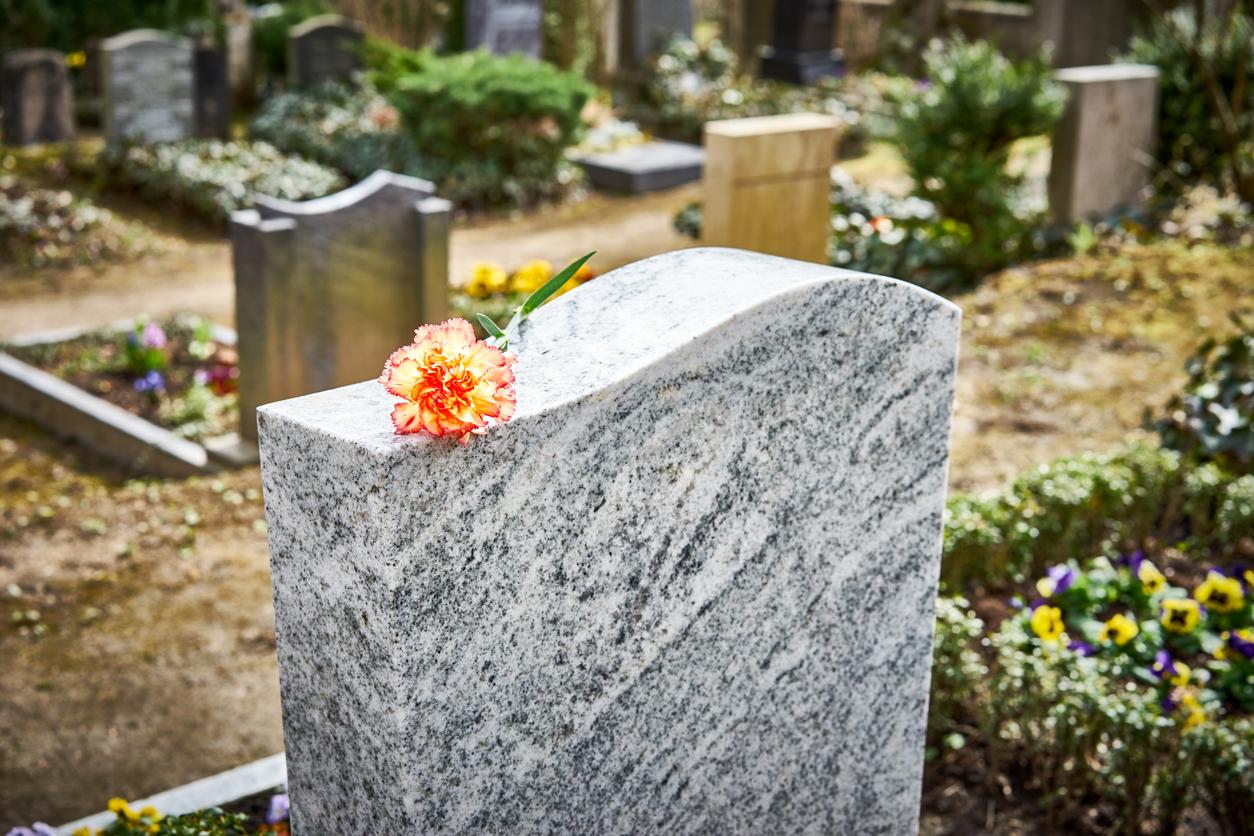Losing your four-legged friend is a source of trauma. American scientists have called for an end to the social stigma around this type of bereavement, which can be a very painful event. Explanations.

- During the pandemic, many people have been spending more time with their pets. They counted on them to reassure them and help them maintain a sense of normalcy.
- Showing empathy and understanding the emotions caused by the loss of a pet strengthens the healing process.
We know that pets play an important role in the lives of those who care for them. This is why when they die their owners feel devastated and can cry for several days. “However, the bereavement of a pet continues to be disenfranchised in society. Judgments can lead people to grieve without social support,” said Michelle Crossley, professor at Rhode Island College (United States), and Colleen Rolland, president and specialist in bereavement after the loss of a pet for the Association for Pet Loss and Bereavement (APLB).
“Recognizing The Therapeutic Benefits of the Grieving Process”
In a study published in the journal Human-Animal Interactions, scientists explained that the social stigma surrounding the loss of a pet must be ended. As part of this work, they drew on research conducted in the field of loss of pets and bereavement of human beings. “One of the aims of this study is to provide therapists with insights to consider in their practice when working with patients who are highly attached to their pets. It also aims to recognize the therapeutic benefits of working through the grieving process until acceptance”, said Michelle Crossley, in a statement.
Grief: Social stigma complicates the healing process
According to the researchers, the stigma associated with bereavement of an animal can complicate the healing process. They add that while empathy is more natural when it comes to talking about the death of a human being, there are other types of loss that are not recognized or that society does not give as much credit to. Warning. Among them are death by suicide, miscarriage, death caused by AIDS and death of a pet. “When relationships are not valued by society, people are more likely to experience disenfranchised grief after a loss that cannot be resolved and can become complicated grief,” said Colleen Rolland.
“Losing a pet can be a traumatic experience”
Both authors suggested that having a “safe space” to discuss his relationship with his pet was beneficial to get through and come to terms with this painful event. “The loss of a pet can be a traumatic experience, especially considering the strength of the attachment, the role the pet played in the owner’s life, and the circumstances and type of loss”, reported Michelle Crossley.
Scientists believe that therapeutic sessions in groups or via online forums can help work on grief. Therapists can also encourage children and adults who are struggling with the loss of a pet to express their grief, fears and anxieties through drawing, pottery or painting.

















